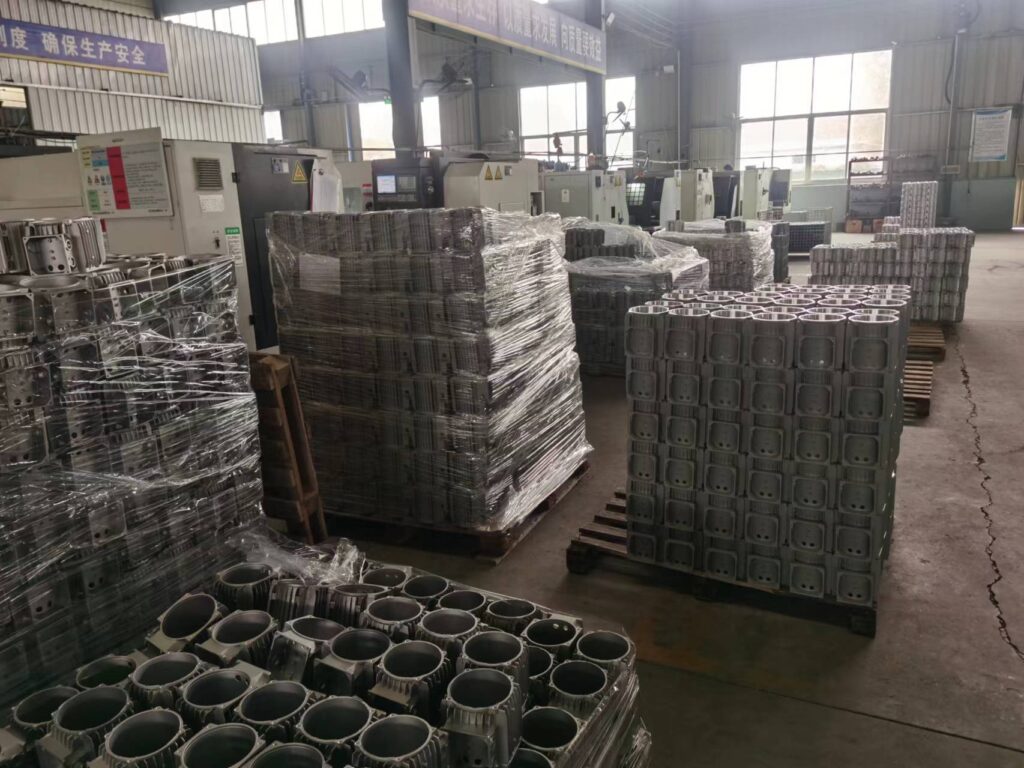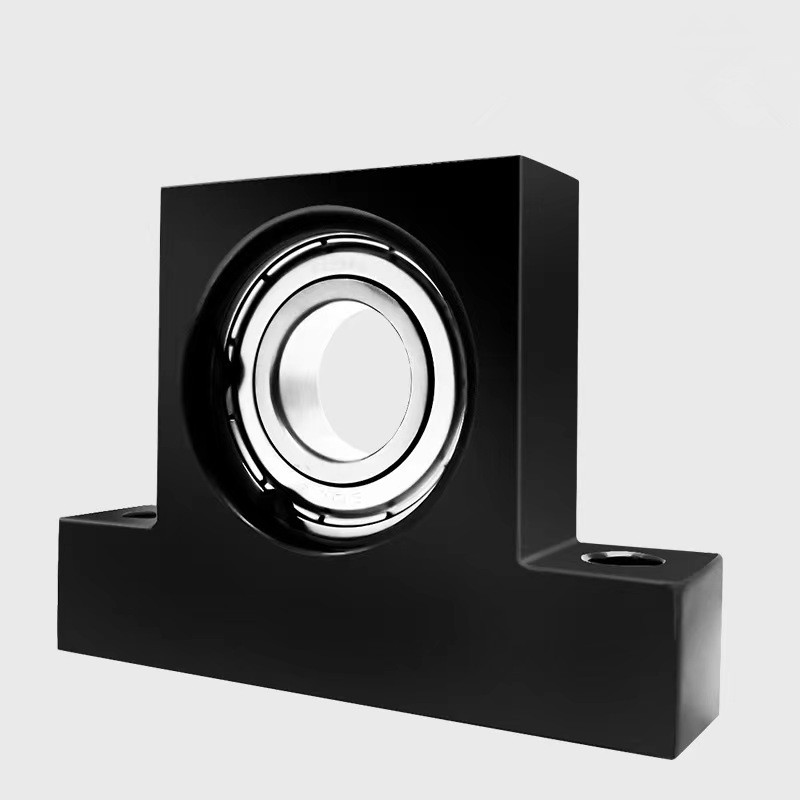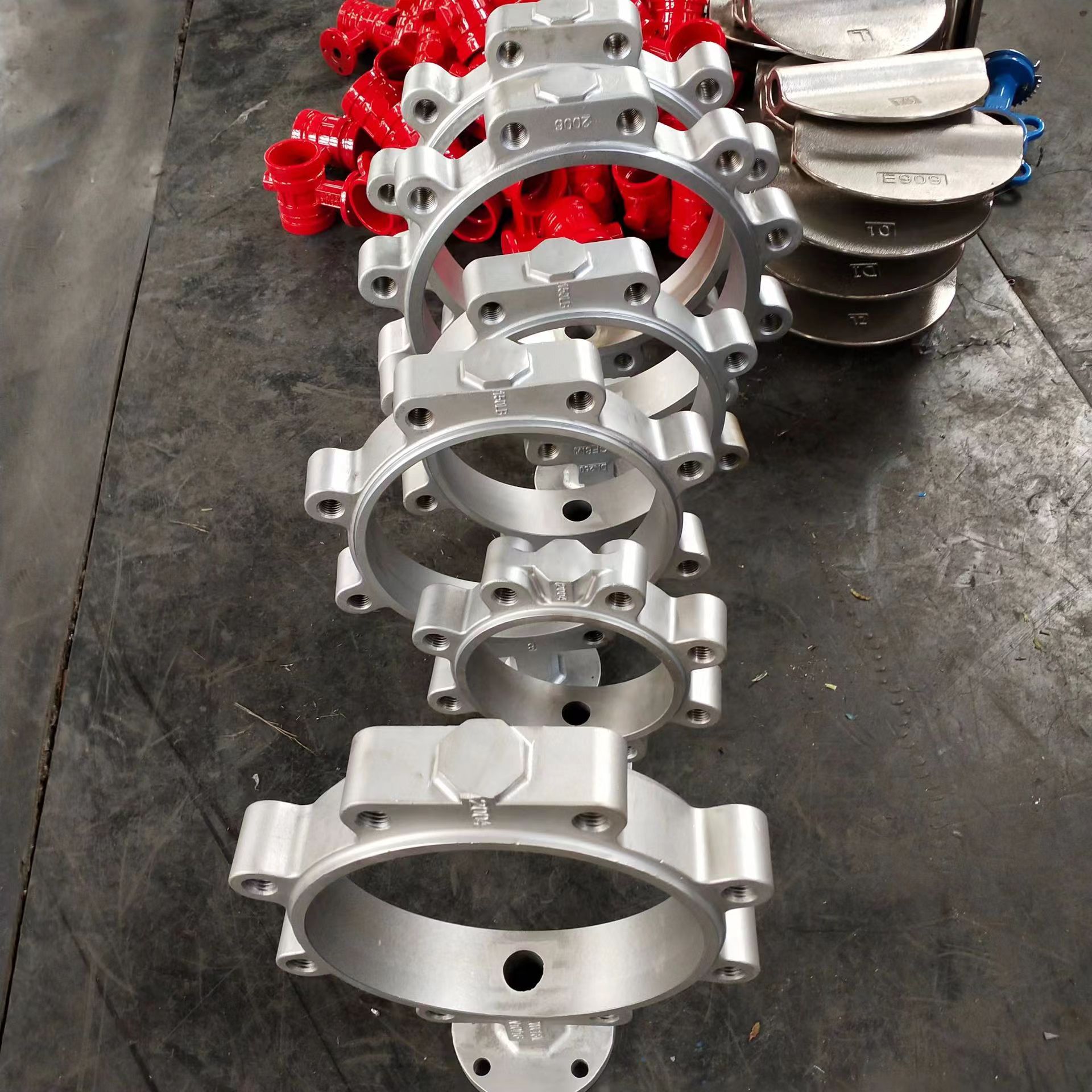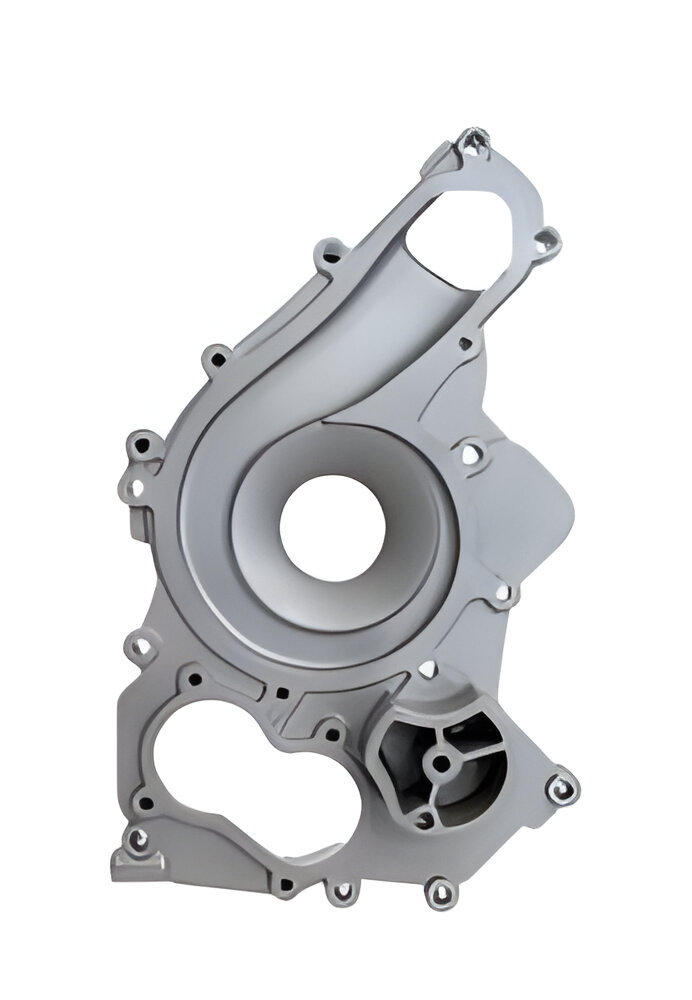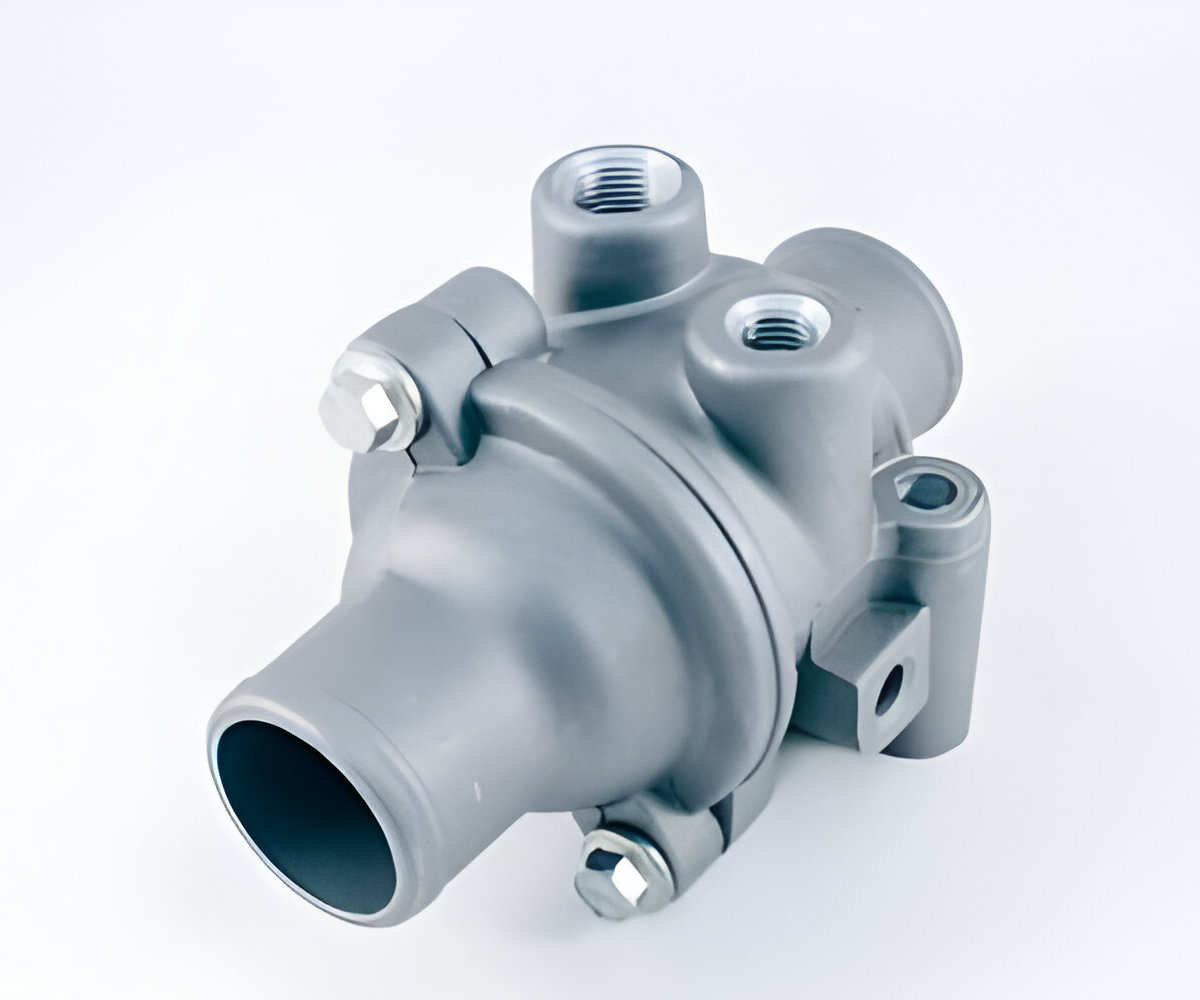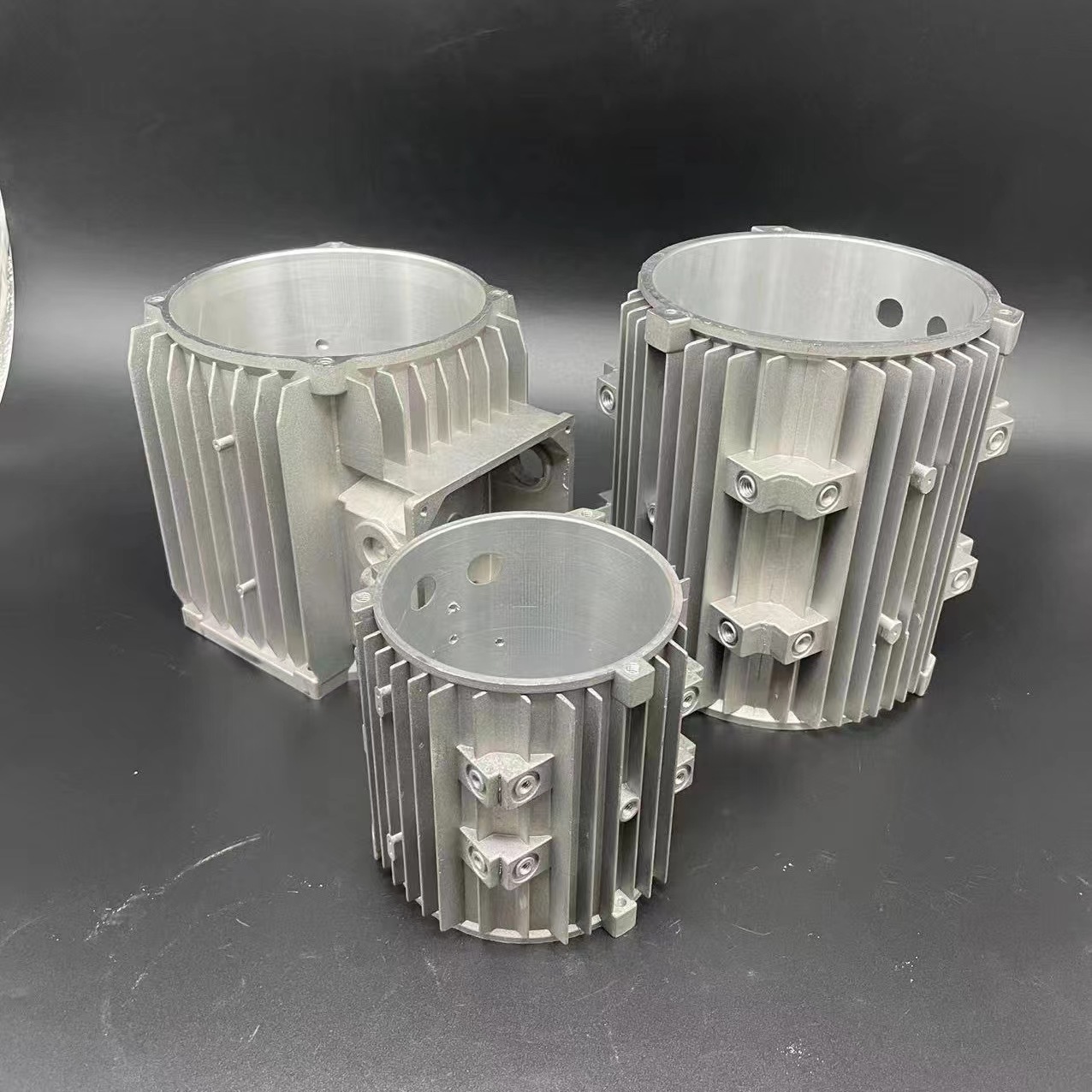Die cast aluminum housing is a cornerstone in the manufacturing of various industrial and consumer products, particularly in applications requiring lightweight, durable, and cost-effective components. This article delails the significance of die cast aluminum housing, focusing on its production process, key applications, and the versatility it offers to industries such as automotive, electronics, and machinery.
Understanding Die Cast Aluminum Housing
Die casting is a metal casting process that uses a mold cavity to apply high pressure to molten aluminum, making it possible to create complex shapes with high precision and smooth surfaces. This method is particularly beneficial for producing aluminum motor housing and electric motor casing, where precision and durability are crucial.
Key Applications and Scenarios
- Servo Motor Housing: Servo motors are integral in robotics, CNC machinery, and automated manufacturing systems. Aluminum die casting housing provides the essential protection and heat dissipation required to maintain the servo motor's performance and longevity.
- Electric Motor Housing: In electric vehicles and industrial machinery, the motor housing not only protects the motor but also significantly influences its thermal management. Die cast aluminum, with its excellent thermal properties, ensures that the motor operates within safe temperature limits, enhancing efficiency and preventing overheating.
- Consumer Electronics: Lightweight and durable, die cast aluminum housings are perfect for gadgets and appliances, from laptops to handheld power tools. They offer a high degree of protection and a premium feel without adding excessive weight.
Manufacturing Insights
Die cast aluminum housing is manufactured through a process that involves injecting molten aluminum into steel molds at high pressure. This method allows for high-volume production of parts that require minimal machining and finishing, reducing manufacturing costs and time. Additionally, the ability to incorporate fine details and complex geometries makes this process highly versatile and suited for a wide range of applications.
FAQs
Q: What are the advantages of using aluminum die casting for motor housings? A: Aluminum die casting offers excellent strength-to-weight ratio, superior corrosion resistance, good thermal and electrical conductivity, and the ability to produce complex shapes cost-effectively.
Q: Can die cast aluminum housing be customized? A: Yes, die casting allows for high customization in design to meet specific application requirements, including varying thicknesses, incorporation of logos, and complex internal features.
Q: What is the typical lead time for producing die cast aluminum housings? A: Lead times can vary based on the complexity of the design and the volume of the order but typically range from a few weeks to a couple of months.
Why Choose KT-Foundry?
At KT-Foundry, we specialize in high-quality die cast aluminum housings tailored to meet the demands of diverse industries. Our state-of-the-art facilities and experienced team ensure that your specifications are met with the highest standards of quality and efficiency. For detailed product information or to discuss how our solutions can benefit your applications, visit our website at kt-foundry and get in touch with our experts today.

